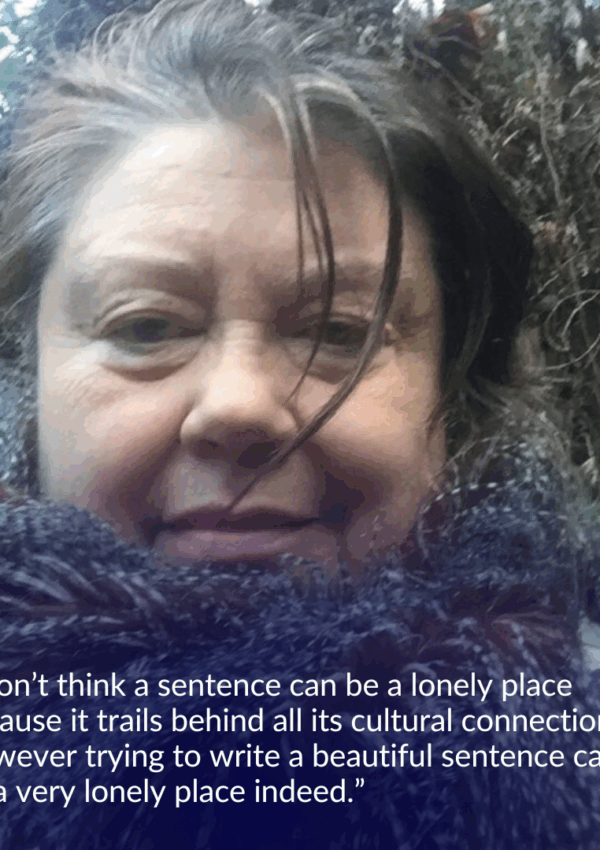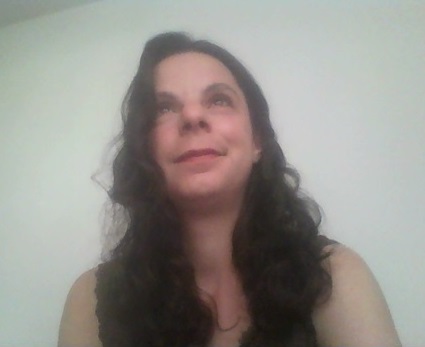Although I’m looking back decades into the ‘50s, I still remember my first college freshman English class assignment. I had been placed in what was then called “dumbbell English,” or Subject A, a course designed for those who didn’t qualify for the regular English credit course. Nervous and anxious enough just being in the class, I felt an even deeper dip in my confidence when the instructor assigned a five-hundred-word essay on hickory-nut hunting. I wasn’t sure of the difference between a hickory nut and a walnut, let alone how one goes about hunting for them. How was I going to write an essay on something I knew nothing about?
A trip to the library was no help. I learned more about hickory nuts, what they looked like, how they grew, where they survived best, and what they were good for besides eating, but nothing on how to “hunt” them. The assignment seemed absurd.
Staring at a blank sheet of paper (remember, this was before computers), I kept wishing some words would appear. Nothing happened, of course. “Think,” I told myself in panic. Had I ever seen hickory nuts growing? Where would it have been? I found myself thinking about where I was the summer before the semester had started, wishing I were still there. As in many previous summers, I had walked and climbed the bluffs along the Mississippi River near Alton, Illinois. But I didn’t remember seeing hickory nuts. I began writing down some of the things I did remember seeing on my many hikes: the wide muddy river itself, with its frequent, slow-drifting barges; the train tracks on which I practiced balancing acts; the exploring of damp, cool caves; the simmering stillness and occasional snapping of bugs; the copperheads sunning on boulders; and the big, colorful Piasa bird said to have been painted on a cliff by Indians a hundred years ago. I wrote several pages, but none of it had to do with hickory-nut hunting. Desperate for something to turn into my Instructor, I decided to open my essay by saying I set out to go hickory-nut hunting, then described what I saw on my hikes, and ended by saying “I gathered no hickory nuts that day.”
Perhaps you can imagine my fear and embarrassment at the following class session. I just knew my paper would be returned with a notation in red saying “SEE ME!” But worse, my instructor began the class by reading my essay aloud. My face flushed as I slid lower in my seat. And I felt even worse, when afterward one of the students said, “That essay’s not even about the subject.”
The instructor’s response was, “Exactly. And that’s what makes it so interesting.”
Had I heard correctly? How could this be? I hadn’t even written about the assignment. All of us were confused.
He explained to us that the assignment had been intentionally narrow and uninspiring. He wanted to see what we could do with such an unexciting topic. Unknown to me, I had stumbled on what the professor called a main key to good writing: make the topic your own. Unable to do anything else, I had written about something I knew. I had not written what I thought he wanted to hear. Of course, originally, I did try to comply with the assignment, but couldn’t do it and accidentally wrote what he truly wanted us to do.
When my paper was handed back, my pleasure faded a bit again because of the red markings. And it did say, “See me.”
Now I was thoroughly confused. Why did he want to see me? Was there an English class lower than the one I was in?
I made an appointment to see him, prepared for the worst. He may have praised my paper in class, but that was only because I served as an example he wanted to share with the class. His marks on my paper made reference to things like dangling modifiers, run-on sentences, and verb tense. I supposed I was just not ready for college English.
But when I met with him, I was surprised once again.
“I’d like you to transfer into my 10 o’clock class. It’s a bit more advanced and I think you would fit better in that group.”
Wait. He was going too fast for me. I reminded him that I had not passed the English placement exam.
“No matter,” he said. “Your essay shows a voice and tone I like. You’ll be required to do some reading that will help you with your writing and broaden your background.”
“I’m not very well read,” I confessed, starting to worry he was asking too much of a talent I was sure I didn’t have.
“You’re here to learn, aren’t you?”
To be honest, at that point in my life, I didn’t know why I was in college, or if I even belonged there. But the more he talked, the more he convinced me that I should switch English classes.
It was a move that changed my life.
With his encouragement and direction, I overcame my dangling modifiers and run-on sentences (well, most of the time), but more than that every essay I wrote for him became a challenge for me to do even better. His office door was never closed to me and I took advantage. I began to admire and respect him for what seemed to me a colossal erudition he so willingly shared. He helped me with my writing skills by teaching me how to read beyond the words, how a story like Hemingway’s “Hills Like White Elephants” could deal with the subject of abortion without mentioning the word itself; how writers like Upton Lewis revealed the ugly side of greed, politics, and government; how Faulkner created an entire county in Mississippi to mirror “the human heart in conflict with itself;” how a seventeen syllable haiku can imply a view of the universe. This emphasis on writing and literature expanded as I began to realize their connections with my classes in psychology, history, and philosophy.
I developed an unexpected, unknown joy in learning. My mentor found something I didn’t know I possessed in the morass of my muddied mind. He scrubbed it clean, helped give it shape, and sent me on a quest that hasn’t yet ended. Like the Scarecrow in the “Wizard of Oz,” I was shown I had a brain.
I carry this enjoyment with me today, so many years from the beginning. What I haven’t forgotten, and never forget, is that the most important things I brought away from my education came from reading fiction. Reading novels, short stories, and poetry has shown me the truths of this complicated, mixed-up world. Where else can we learn and continue to expand our compassion and open us up to the many varietals of thoughts and beliefs that exist within humanity?
I take comfort in knowing I’m not the only one who feels this way. President Obama, in a New York Review of Books interview with Marilynne Robinson, reiterated my belief:
When I think about how I understand my role as citizen, setting aside being president, and the most important set of understandings that I bring to that position of citizen, the most important stuff I’ve learned I think I’ve learned from novels. It has to do with empathy. It has to do with being comfortable with the notion that the world is complicated and full of grays, but there’s still truth there to be found, and that you have to strive for that and work for that. And the notion that it’s possible to connect with some[one] else even though they’re very different from you. (11/19/15)
The question becomes: how many people today are reading literature, and, if so, what are they reading of value? With the advent of such media distractions as Twitter, iPhones, iPads, Facebook, and the like, do people find time to read novels, poetry, or short stories that reflect real issues and an awareness of others’ values? I can only hope many do.
I am a member of a book club that has been meeting once a month for over twenty-five years. We are made up of two medical doctors, an owner of a construction company, an owner of a used bookstore, a retired parole officer, an engineer, a social worker, and me, a retired college professor. Each one of us, when it is our turn to select a book, avoids bestsellers on the whole, trying to select a work that stimulates our discussions. We have great arguments as well as agreements, but we always come away with something of substance and value after our meetings. We’ve come to accept and understand each other even though our opinions and tastes vary widely.
As President Obama said, through literature, “…it’s possible to connect with someone else even though they’re very different from you.”
And in this moment of time, don’t we need that more than ever?
 Royce Adams, a retired college English professor, has published over a dozen college textbooks, several academic journal articles, and juvenile novels. He recently won the Haunted Waters Literary Magazine’s 2016 Grand Prize Short Story Contest. His writings have appeared in Green’s Magazine, The Rockford Review, Black Fox Literary Magazine, Catamaran, and others. He lives in Santa Barbara, California.
Royce Adams, a retired college English professor, has published over a dozen college textbooks, several academic journal articles, and juvenile novels. He recently won the Haunted Waters Literary Magazine’s 2016 Grand Prize Short Story Contest. His writings have appeared in Green’s Magazine, The Rockford Review, Black Fox Literary Magazine, Catamaran, and others. He lives in Santa Barbara, California.



